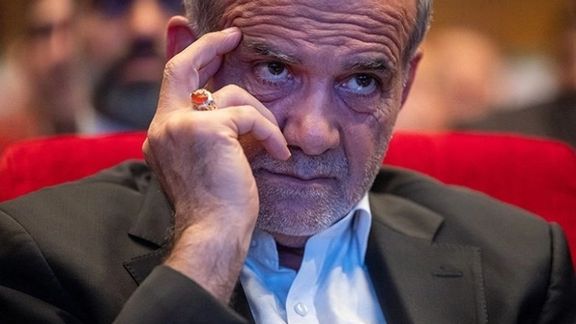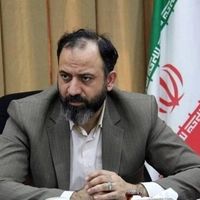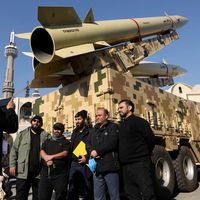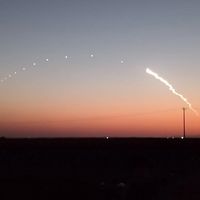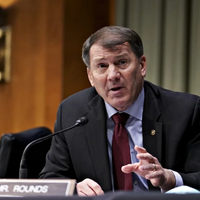The president referred to water, electricity, and natural gas shortages as well as the environmental crisis and emphasized the urgency of dealing with serious problems, and “to be accountable to the people.”
"We are currently facing a variety of problems and significant imbalances in water, electricity, gas, and the environment—some of which are on the brink of collapse," Pezeshkian said.
The Iranian government has been forced to implement rolling blackouts this month as winter approaches and a natural gas shortage jeopardizes the well-being of its 85 million citizens and disrupts industrial production. Meanwhile, it is unable to pay for gas imports from its northern neighbor, Turkmenistan, to sustain supply in nearby provinces.
Pezeshkian highlighted an apparent impasse within the Islamic government, stating, “We must address these imbalances and be accountable to the people, which is not achievable through the current governmental and bureaucratic processes.”
His remarks seemed to suggest the need for grassroots or non-traditional solutions to overcome challenges. However, Iran's economic system remains heavily state-controlled, with centralized decision-making. Compounding the crisis are US and other sanctions that restrict oil exports and isolate Iran from the global banking system. These sanctions are tied to Tehran's contentious nuclear program and regional influence building interventions through armed proxies—issues ultimately decided by its authoritarian ruler, Supreme Leader Ali Khamenei.
Pezeshkian suggested that if the government can successfully tackle the numerous challenges it faces, opposition to the Islamic Republic may weaken. Since 2017, Iran has witnessed multiple waves of popular protests, resulting in thousands of deaths and tens of thousands of arrests. Amid current shortages, media and commentators warn that the possibility of renewed unrest cannot be ignored.
The president’s remarks on Friday came after a one-day visit to the impoverished southeast, a region marked by instability and militant opposition from some Baluch elements in the barren lands bordering Pakistan, who are the majority and predominantly Sunni, in contrast to the Shiite-led government.
Pezeshkian informed the media that he had intended to extend his visit to the region and travel to several towns, but was forced to cut the trip short due to “security reasons.” He did not elaborate on the nature of these concerns or clarify whether they were tied to the region itself or other potential issues requiring his attention in the capital.
